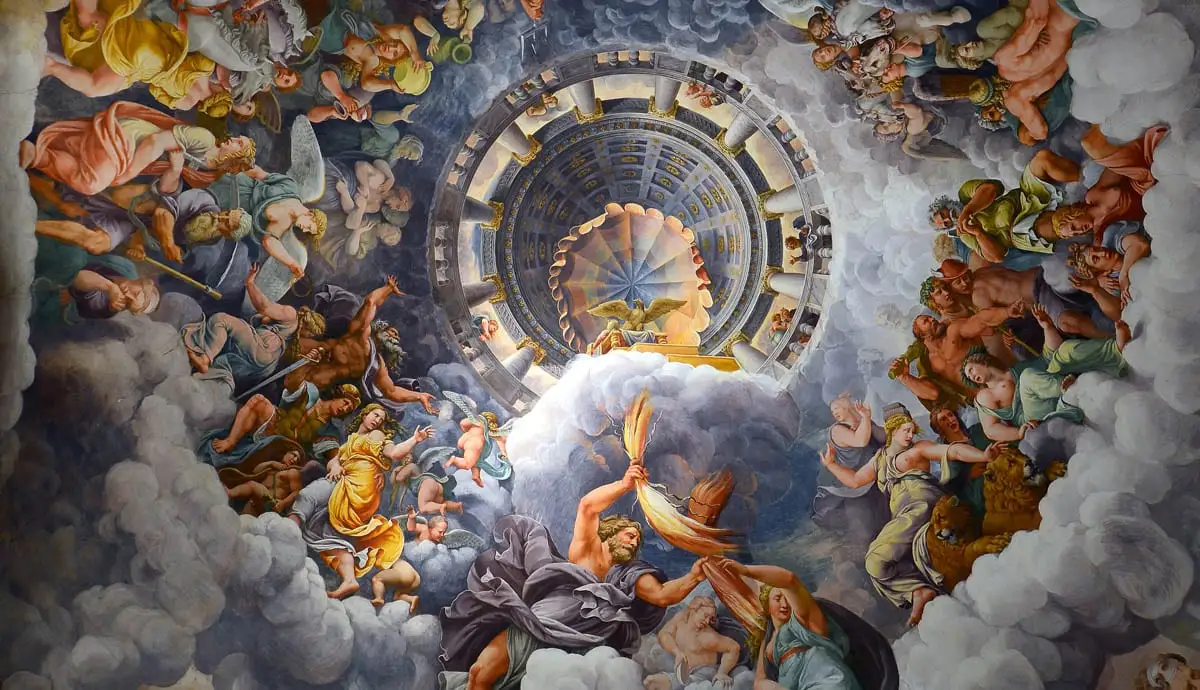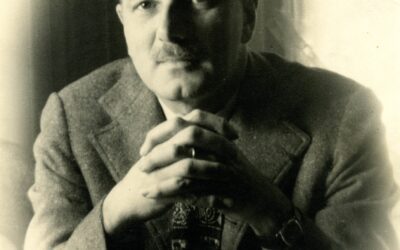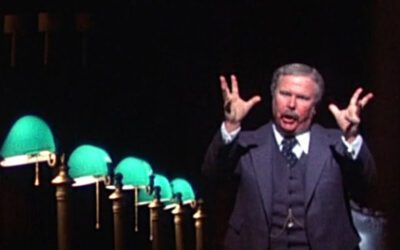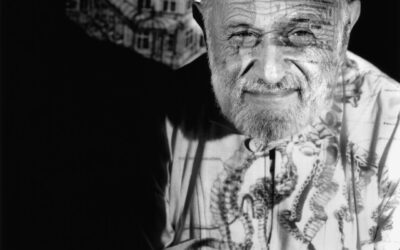The Psychology of Politics: Exploring Complexes and Trauma
Unresolved trauma and psychological complexes influence one’s political orientation. Developing and authentic and individual political compass is an important part of adult life. However, many people fail to achieve this stage of development and let their own unconscious vulnerabilities and shame can manifest in political reactions and overreactions. There is no short cut for self-awareness and self-work in fostering a healthier political perspective. Understanding the psychological foundations of political beliefs has become increasingly important. Individual psychology, particularly trauma and psychological complexes, and political inclinations are inseparable until psychological trauma is healed,
The Shadow and Golden Shadow
In the realm of psychology, the concepts of the shadow and the golden shadow offer a compelling lens through which to explore the intricacies of political beliefs. The shadow represents the hidden aspects of our personality that we suppress or deny—a repository for qualities we deem undesirable or uncomfortable. When projected onto the political stage, the shadow can manifest as an inclination to vilify or criticize opposing ideologies, reflecting our own unresolved inner conflicts.
The golden shadow embodies the unexpressed potentials and virtues we admire but often feel unable to embody. In the realm of politics, the golden shadow can lead us to project our unfulfilled aspirations onto political figures or movements, expecting them to epitomize the qualities we yearn to possess. This interplay between the shadow and golden shadow unveils how our personal psychological dynamics can find expression in the political arena, shaping our beliefs, biases, and interactions with the political landscape. For example, someone who has accomplished all the things I aspire to might hold the projection of my own golden shadow instead of dealing with the responsibility to actualize my potential in my own life.
Right wing, Left wing, Same Bird
For example, if we learn to hate our own weakness we become right wing emotional reactionaries. When others are victimized we project the shadow on to them and always side with the abuser in any cycle of violence. We say that God or the free market is justified in making people different from ourselves suffer. Right-leaning political orientations can be rooted in deep-seated shame projected as arrogance to compensate for the shame. Those who grow up in environments that discourage vulnerability may develop a need to prove their strength and perfection. This can result in projecting and attacking vulnerability, especially when confronted with those who appear weak or different. The “Shadow Complex” manifests as an attempt to distance oneself from perceived weaknesses.
When we disown our own capacity to heal our refusal to heal is projected on outgroups. We identify our own victimhood with others and defend their right to refuse to change and heal because we identify with their own bad behavior. Individuals who internalize a sense of vulnerability may project their need for help and healing onto others, often advocating for policies aimed at assisting marginalized groups. This projection of unaddressed vulnerability can potentially lead to policies driven more by personal unresolved emotions than by objective analysis.
Projection of Trauma in Politics
Undealt with trauma, particularly from childhood, can significantly influence an individual’s political stance. For instance, if a person grows up feeling vulnerable or powerless, they might unconsciously identify with vulnerable groups or perceive themselves as perpetual victims. This psychological disposition may lead them to project their own unaddressed vulnerability onto certain political ideologies. Thus, political choices can become a means of externalizing unresolved trauma.
Implications for Politics
Understanding the psychological underpinnings of political ideologies can illuminate the complexities behind seemingly straightforward choices. The article highlights that both left-leaning and right-leaning individuals might carry unaddressed trauma and complexes, which unconsciously shape their political affiliations. By acknowledging and addressing these psychological patterns, individuals can develop a more informed and authentic political perspective.
The psychology of politics is a nuanced field that intersects personal experiences with sociopolitical ideologies. Joel’s insights, as discussed in this article, emphasize the need for introspection and self-awareness when navigating the political landscape. By recognizing the presence of unresolved trauma, the “Golden Shadow,” and the “Shadow Complex,” individuals can work towards a healthier relationship with their political beliefs. This understanding contributes to a more empathetic and inclusive discourse, fostering meaningful connections between psychology and politics.
Did you enjoy this article? Checkout the podcast here: https://gettherapybirmingham.podbean.com/
Bibliography:
- Jung, C. G. (1968). The Archetypes and the Collective Unconscious (2nd ed., R. F. C. Hull, Trans.). Princeton University Press.
- Samuels, A. (2015). Politics on the Couch: Citizenship and the Internal Life. Routledge.
Further Reading:
- Anzieu, D. (2016). The Skin-Ego (N. Segal, Trans.). Routledge.
- Diamond, S. A. (2012). Evil Deeds: A Psychoanalytic Study of Evil in the Human Psyche. Karnac Books.
- Edinger, E. F. (1992). Ego and Archetype: Individuation and the Religious Function of the Psyche. Shambhala.
- Ellenberger, H. F. (1981). The Discovery of the Unconscious: The History and Evolution of Dynamic Psychiatry. Basic Books.
- Freud, S. (1961). Civilization and Its Discontents (J. Strachey, Trans.). W. W. Norton & Company.
- Fromm, E. (1994). Escape from Freedom. Henry Holt and Company.
- Hillman, J. (1992). Re-Visioning Psychology. HarperPerennial.
- Jung, C. G. (1981). The Development of Personality (R. F. C. Hull, Trans.). Princeton University Press.
- Neumann, E. (1969). Depth Psychology and a New Ethic (E. Rolfe, Trans.). Shambhala.
- Samuels, A. (1993). The Political Psyche. Routledge.
- Stein, M. (1998). Jung’s Map of the Soul: An Introduction. Open Court.
- Von Franz, M.-L. (1980). Projection and Re-Collection in Jungian Psychology: Reflections of the Soul. Open Court.
- Whitmont, E. C. (1991). The Symbolic Quest: Basic Concepts of Analytical Psychology. Princeton University Press.
- Zweig, C., & Abrams, J. (Eds.). (1991). Meeting the Shadow: The Hidden Power of the Dark Side of Human Nature. TarcherPerigee.











0 Comments